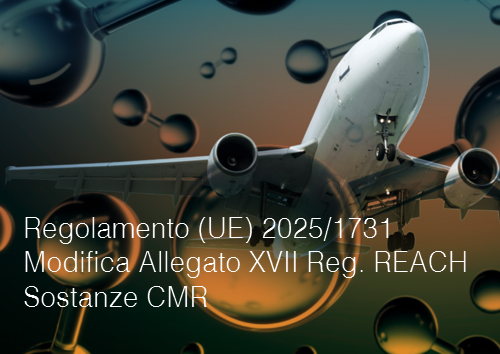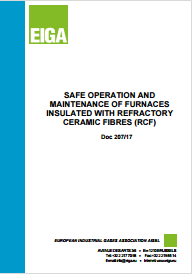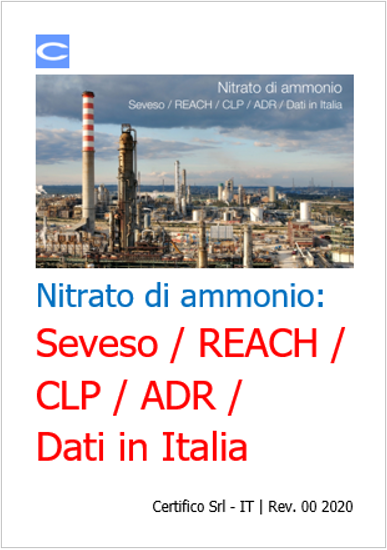// Documenti disponibili n: 46.255
// Documenti scaricati n: 35.984.962
November 2021
Executive summary
1. Introduction
2. Summary of the Authorisation process
2.1. Candidate listing
2.2. Authorisation listing
2.3. Applications for authorisation
2.4. Descriptive evidence on the consumption of SVHCs in the EU
3. Objectives
4. Case studies
4.1. Case study 1—production of SVHCs in Sweden
4.2. Case study 2—emission of SVHCs in the E-PRTR
5. Conclusions
6. References
This report presents two case studies that seek to quantify the causal effects that regulatory actions under the REACH Authorisation title have had on the use of specific substances of very high concern (SVHCs) in the EU/EEA. The main results found in these case studies can be summarised as follows.
- Five years after the entry to Annex XIV (the Authorisation List), Swedish firms had reduced their annual use of SVHCs requiring authorisation by about 40 %. This is a strong finding which suggests that the inclusion of a substance in the Authorisation List has a sizeable substitution effect. However, data and studies from other Member States would need to be checked if this finding is generalisable to the whole EU.
- Adding substances to the REACH Candidate List may reduce their releases to wastewater. The most robust effect in that regard was found for 1,2-dichloroethane, the discharge of which had declined by about 66 % over the period 2011-2017. It seems at least plausible to attribute this cutback to reductions in the use of the substance that firms made in response to its inclusion in the Candidate List and its anticipated inclusion in the Authorisation List. Results of similar analyses for (ethoxylated) nonyl- and octylphenols were not robust.
This report is one of the first attempts to find a causal relationship between regulatory action under the REACH Authorisation title and the use of SVHCs. The results of two case studies indicate that both Candidate and Authorisation listing may have a sizeable effect on the use of SVHCs. It would be desirable to expand similar investigations to other EU Member States where data are available.
Collegati

ID 24411 | 11.08.2025 / In allegato
Regolamento (UE) 2025/1731 della Commissione, dell'8 agosto 2025, recante modifica del reg...

The document describes best practices of EIGA members for the protection of their workers during operat...

ID 11374 | 20.08.2020 - Documento completo allegato
L'esplosione dello scorso 4 agosto 2020, che ha quasi distrutt...
Testata editoriale iscritta al n. 22/2024 del registro periodici della cancelleria del Tribunale di Perugia in data 19.11.2024